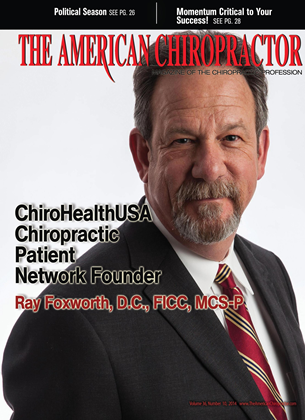European Journal of Clinical Nutrition June 26, 2013; 67; pp. 789-796 A Paoli, A Rubini, JS Volek, and KA Grimaldi; This article has 109 references. R EY POINTS FROM THIS ARTICLE: "Kctogcnic diets arc characterized by a reduc tion in carbohydrates (usually to less than 50 g/ day) and a relative increase in the proportions of protein and fat." "" Very-low-carboln drate diets orketogenic diets have been in use since the 1920s as a therapy for epilepsy and can. in sonic cases, completely remove the need for medication." Since the 1960s, very-low-carbohydrate diets, or kctogcnic diets, have become one of the most common methods for obesity treatment. That \ en -low-carbohydrate kctogcnic diets could have a therapeutic role in numerous diseases. Carbohydrates trigger the production and release of insulin. Insulin stores the energy derived from carbohydrates in fat cells. An absence or scarcity' of dietary carbohydrates reduces insulin levels, which leads to a reduc tion in fat storage. The central nervous system (CNS) cannot use fat as an energy source, but it can use kctoncs from fats. "There is no doubt that there is strong support ive evidence that the use of kctogcnic diets in weight-loss therapy is effective." The majority of recent studies "demonstrate that the reduction of carbohydrates to levels that induce physiological kctosis can actually lead to significant benefits in blood lipid profiles." reducing cardiovascular disease risk. Studies of very-low-carbohydrate diets in indi viduals with type 2 diabetes "have been nothing short of remarkable." Withdrawal of insulin and major weight loss occurred in a matter of weeks in type 2 diabetes individuals who were fed a vcry-low-carbohydrate diet. When individuals restrict carbohydrates, there are significant reductions in fat mass, improve ments in glyccmic control, hemoglobin Ale. and lipid markers, as well as reduced use or withdrawal of insulin and other medications. "Diabetes risk is directly correlated, in an appar ently causative manner, with sugar intake alone, independently of weight or sedentary lifestyle." "Individuals with metabolic syndrome, insulin resistance and type 2 diabetes (all diseases of carbohydrate intolerance) are likely to see symptomatic as well as objective improvements in biomarkcrs of disease risk if they follow a wcll-forniulatcd. very-low-carbohydrate diet. Glucose control improves not only because there is less glucose coming in. but also because systemic insulin sensitivity improves as well." "Emerging data suggest a possible therapeutic utilization of ketogenic diets in multiple neuro logical disorders apart from epilepsy, headache, neurotrauma. Alzheimer's and Parkinson's disease, sleep disorders, brain cancer, autism, and multiple sclerosis." A ketogenic diet may be neuroprotective by raising adenosinc triphosphatc (ATP) levels and reduc ing the production of reactive oxygen species in neurological tissues, and increased mitochondrial biogenesis. There is a possible role of the ketogenic diet in the treatment of Alzheimer's. Improvement is at least, in part, related to improved mitochondrial function. "Traumatic brain injury may lead over time to epi lepsy." This may be reduced with a ketogenic diet. Dysfunction in energy production (mitochondrial function impairment) is likely to have a role in the pathogencsis of many ncurodegcncrativc diseases. Ketogenic diets arc used effectively for cancer, type 2 diabetes, poh cystic ovary syndrome, and cardio vascular and neurological diseases. COMMENTS BY DAN MURPHY Two recent, excellent books pertaining to the ketogenic diet include: Alzheimer's Disease: What if There Was a Cure?: The Story of Kctoncs: Man- Newport. MD: 2011. The Wahls Protocol: How I Beat Progressive MS Using Palco Principles and Functional Medicine: A Radical New Way to Treat All Chronic Autoimmune Conditions: Tern Wahls. MD; 2014. Both books advocate increasing kctoncs by consuming medium-chain saturated triglyccridcs by consuming quality coconut oil. Dr. Tern Wahls suggests optimum consumption of five tablespoons per day. Dr. Dan Murphy graduated magna cum laude from Western States Chiropractic College in 1978. He received Diplomat status in C liimpractic Orthopedics in 1986. Since 1982, Dr. \ lurphyhas served part-time as undergraduate facility at Life Chiropractic College West, currently leaching classes to seniors in the management of spinal disorders. Hundreds of detailed Article Reviews, pertinent to chiropractors and their patients, are available at Dr. Murphy's web page: www. danmurphydc. com
 View Full Issue
View Full Issue









